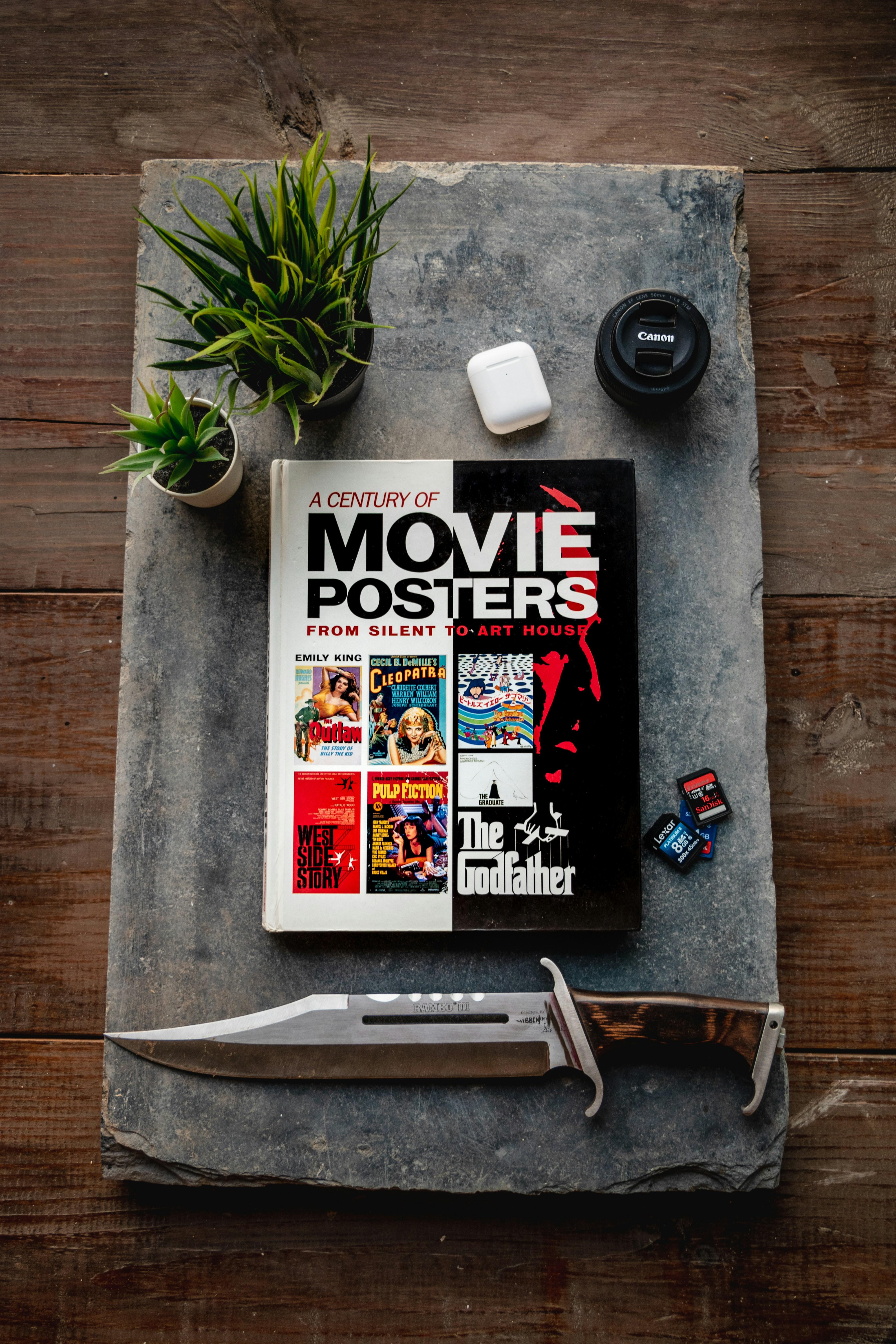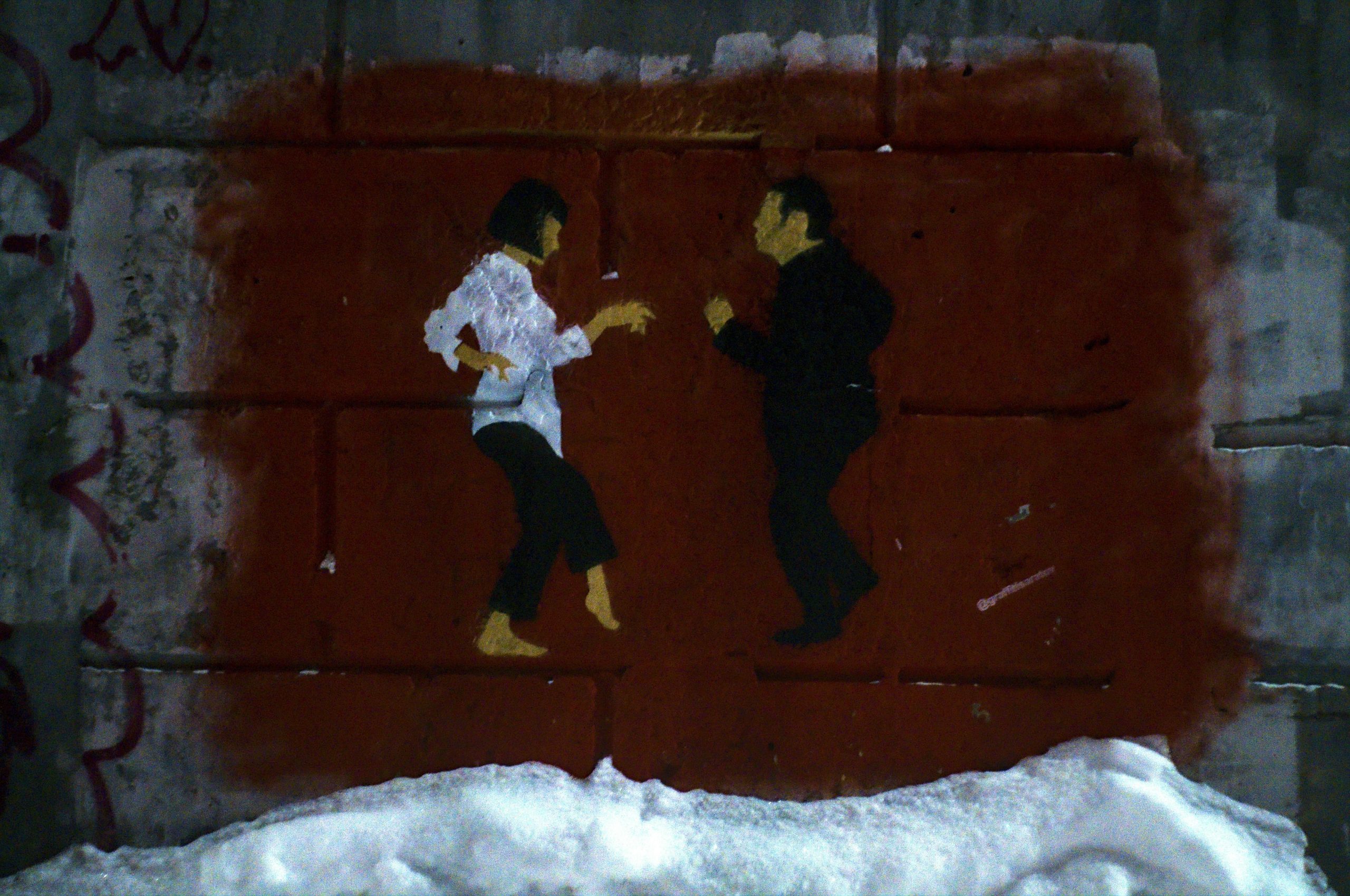In the pantheon of modern cinema, few directors have carved out a niche as distinctive as Quentin Tarantino. Known for his razor-sharp dialogue, intricate storytelling, and a penchant for the audacious, Tarantino has gifted audiences with a plethora of memorable films. Yet, amidst this illustrious oeuvre, one title persistently rises to the top: Pulp Fiction. Lauded by critics and adored by fans, this 1994 masterpiece has become a cultural touchstone, its impact resonating far beyond the silver screen. But as we delve deeper into Tarantino’s eclectic filmography, a provocative question emerges: should Pulp Fiction be hailed as his magnum opus? This article embarks on a cinematic exploration, dissecting the elements that have immortalized Pulp Fiction while weighing it against Tarantino’s other groundbreaking creations. Join us as we navigate through this captivating debate, examining whether Pulp Fiction truly stands as the pinnacle of Tarantino’s artistic genius.
The Quintessential Tarantino: Exploring Pulp Fictions Cinematic Brilliance
When discussing the cinematic tapestry woven by Quentin Tarantino, one cannot overlook the masterful interplay of narrative threads in Pulp Fiction. The film’s brilliance is a testament to Tarantino’s genius, characterized by its non-linear storytelling and a mélange of memorable characters. Pulp Fiction is a daring exploration of the underbelly of Los Angeles, where each character’s journey is as unpredictable as it is captivating. Tarantino’s audacious screenplay, paired with his ability to extract extraordinary performances from his cast, creates an experience that is both jarring and exhilarating. The dialogue is razor-sharp, imbued with wit and a sense of rhythm that keeps audiences hanging on every word.
- Innovative Storytelling: The film’s structure, hopping between timelines and perspectives, challenges traditional storytelling norms.
- Iconic Characters: From Vincent Vega to Mia Wallace, each character is etched into the annals of film history.
- Soundtrack: A carefully curated collection of tracks that perfectly complements the film’s eclectic style.
- Impact: Its influence on pop culture and subsequent films cannot be overstated, setting a new benchmark for narrative complexity.
In Pulp Fiction, Tarantino not only crafts a film but a cultural phenomenon that continues to resonate, challenging and inspiring filmmakers and audiences alike. Its enduring legacy is a testament to Tarantino’s unparalleled vision and craftsmanship.

Masterful Storytelling: How Pulp Fiction Redefined Narrative Structure
When Quentin Tarantino unleashed Pulp Fiction in 1994, he didn’t just tell a story; he orchestrated a symphony of narratives that defied conventional chronology. The film’s non-linear structure was a revelation, challenging audiences to piece together a puzzle that was as thrilling as it was innovative. By weaving together multiple storylines, Tarantino crafted a tapestry of interconnected lives, each segment standing alone yet contributing to a cohesive whole. This audacious approach not only captivated viewers but also redefined what was possible in cinematic storytelling.
- Interlocking Narratives: Characters’ paths cross in unexpected ways, creating a web of intrigue.
- Non-Linear Timeline: Events unfold out of sequence, keeping audiences engaged and guessing.
- Character Depth: Each storyline dives deep into the complexities of its protagonists.
- Unique Dialogue: Tarantino’s signature dialogue adds layers of meaning and humor.
Through these elements, Tarantino not only told a story but reinvented the narrative form, making Pulp Fiction a benchmark for filmmakers and a topic of debate for cinephiles pondering its place as his magnum opus.

Cultural Impact and Legacy: Why Pulp Fiction Still Resonates Today
The cultural tapestry of the 1990s was forever altered by the arrival of Pulp Fiction, a film that defied traditional storytelling norms and redefined the cinematic landscape. Its enduring resonance is a testament to Quentin Tarantino’s masterful blend of sharp dialogue, eclectic music choices, and an innovative narrative structure. With its non-linear storytelling and unforgettable characters, the film challenged audiences to engage with cinema in a new way, encouraging them to piece together a puzzle of intersecting lives and motivations.
Key elements that contribute to its lasting impact include:
- Dialogue: Tarantino’s knack for crafting memorable and often quotable dialogue has seeped into popular culture, influencing countless films and television shows.
- Soundtrack: The film’s eclectic mix of music, from surf rock to soul, breathed new life into forgotten tracks and set a precedent for the way soundtracks could enhance storytelling.
- Iconic Scenes: From the adrenaline-pumping “adrenaline shot” scene to the enigmatic dance contest, these moments have become ingrained in the cultural lexicon.
- Character Archetypes: The film’s colorful cast of characters has become archetypes in their own right, from the philosophical hitman to the washed-up boxer seeking redemption.
In many ways, Pulp Fiction serves as a cultural touchstone, continually inspiring filmmakers and audiences alike to explore the boundaries of storytelling and cinematic expression.

Beyond the Hype: Evaluating Pulp Fiction Against Tarantinos Filmography
Quentin Tarantino’s cinematic universe is a rich tapestry of stylized violence, razor-sharp dialogue, and iconic soundtracks. Yet, when it comes to discussing the pinnacle of his filmography, “Pulp Fiction” often takes center stage. But is it truly his magnum opus? To evaluate this, one must delve beyond the cult status and consider what makes Tarantino’s work resonate with audiences and critics alike.
- Storytelling Innovation: “Pulp Fiction” redefined non-linear storytelling, weaving together disparate narratives into a cohesive whole. Yet, films like “Inglourious Basterds” also showcase Tarantino’s knack for bending narrative structures.
- Character Development: The film’s characters are unforgettable, from Vincent Vega to Mia Wallace. However, Django Freeman and The Bride have equally left an indelible mark.
- Cultural Impact: While “Pulp Fiction” is a cultural touchstone, inspiring countless parodies and homages, ”Kill Bill” arguably pushed the boundaries of genre blending.
Each film in Tarantino’s repertoire offers something unique, whether it’s the revisionist history of “Once Upon a Time in Hollywood” or the relentless tension of “Reservoir Dogs.” Thus, declaring “Pulp Fiction” as the definitive best might overshadow the diverse brilliance of his other works.









